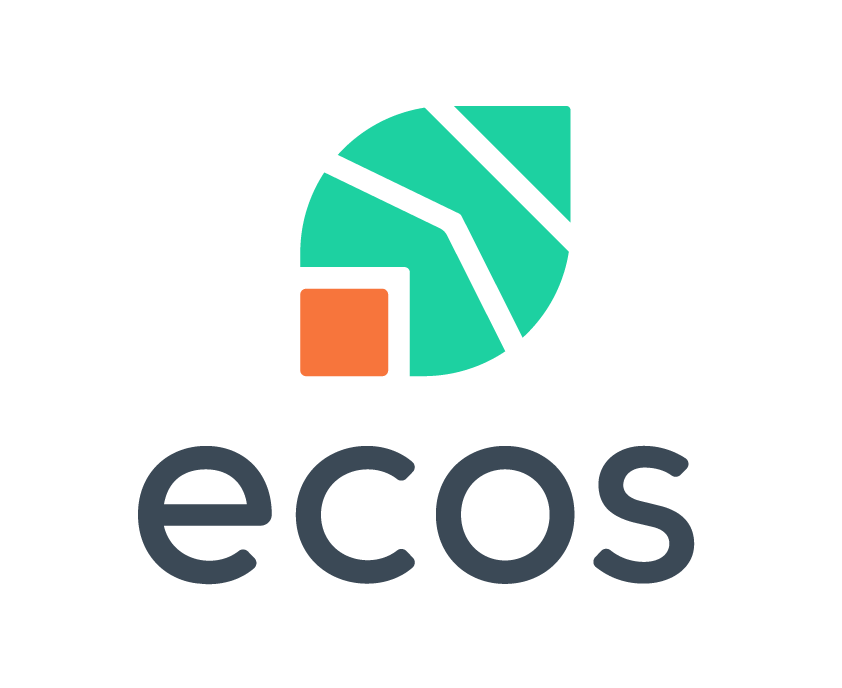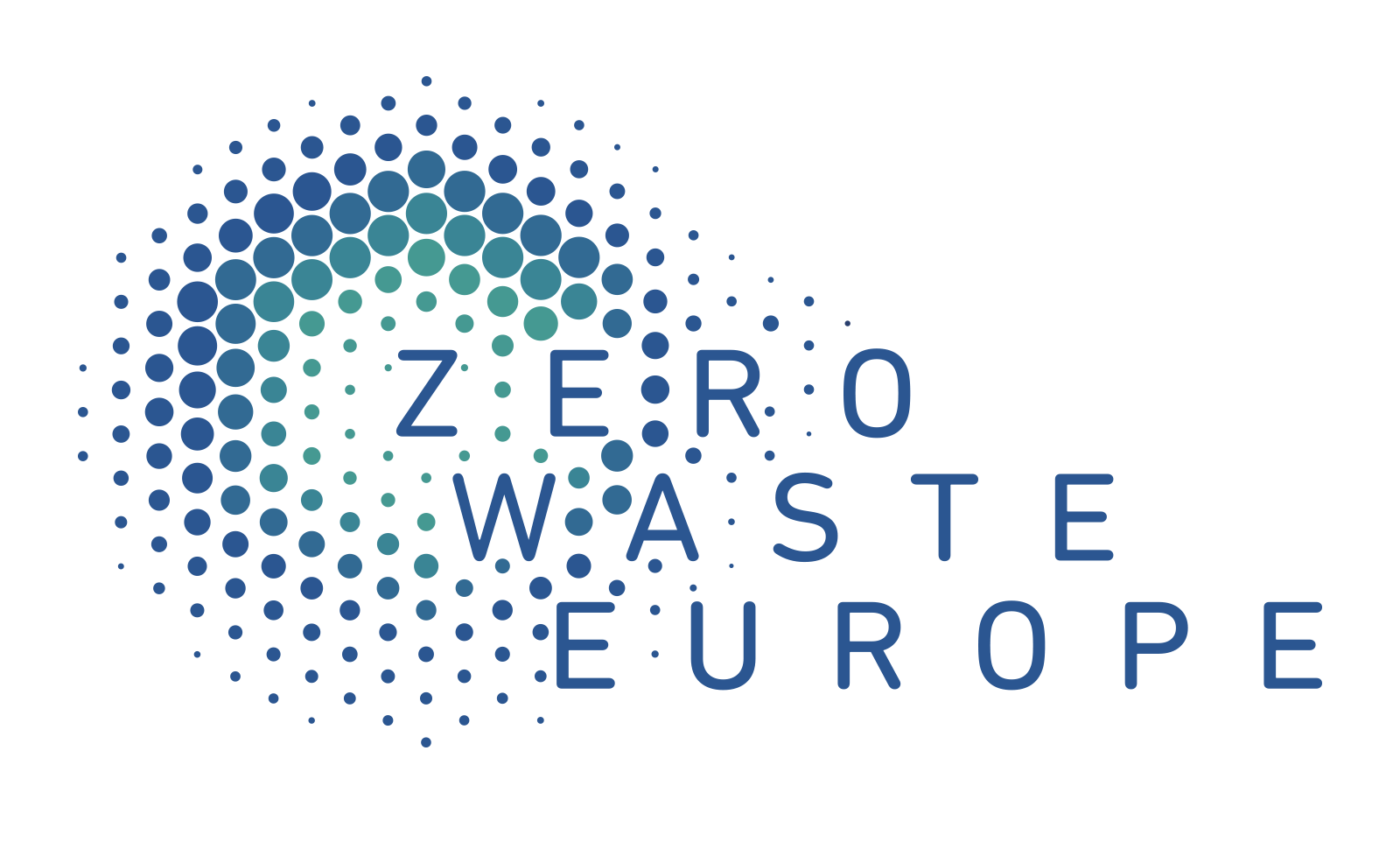JRC’s flawed recycling study fails to support circular policy
Brussels, 8 May 2025
A new report, commissioned by the Rethink Plastic alliance, ECOS and Zero Waste Europe, exposes serious methodological failures in a recent study by the European Commission’s Joint Research Centre (JRC) on plastics recycling technologies.
The new report, “Scrutinising Scientific Standards”, authored by Dr Andrew Rollinson and endorsed by leading environmental groups, challenges the JRC’s central claim that it is not possible to establish a clear hierarchy among recycling technologies. In doing so, it pushes back against what campaigners see as a worrying erosion of scientific standards in EU policy development.
Dr Andrew Rollinson, author of the report, states:
“It is deeply disappointing to see the JRC retreat from the responsibility to guide policy with science. The study lacks transparency, omits critical life cycle impacts, and produces results that simply do not hold up against real-world data.”
The JRC’s study, released in January, was expected to provide a foundation for determining the most sustainable recycling technologies under the EU’s Circular Economy agenda. Instead, it delivers a confused and opaque analysis that avoids drawing clear conclusions.
Fanny Rateau, Senior Programme Manager at Environmental Coalition on Standards (ECOS), added:
“The idea that we cannot rank recycling technologies simply doesn’t hold up. Mechanical recycling is clearly the better option, in terms of environmental impact. Failing to acknowledge this weakens the EU’s ability to set strong standards and it opens the door to greenwashing.”
The report warns that by equating fundamentally different technologies, such as mechanical recycling and energy-intensive chemical processes, the JRC risks misguiding investments into certain technologies while legitimising other technologies under the label of ‘recycling’.
Lauriane Veillard, Chemical Recycling and Plastic-to-Fuels Policy Officer at Zero Waste Europe, emphasised the broader policy implications:
“This isn’t just a technical issue. Without robust definitions and a bounded system, a clear hierarchy cannot be established. This is needed to bring environmental and circular economy commitments together. We need the Commission to set the record straight.”
The new report calls on EU institutions to discard the flawed JRC findings and instead adopt clear, evidence-based recycling criteria that prioritise environmental performance and material recovery.
The full report is available for download on the Rethink Plastic, ECOS and Zero Waste Europe websites.
ENDS
Notes to the editor
For the full JRC study, see here:
- García-Gutiérrez, Pelayo, Andrea Martino Amadei, David Klenert, Simone Nessi, Davide Tonini, Davide Tosches, Fulvio Ardente, and Hans G.M. Saveyn. 2025. “Environmental and Economic Assessment of Plastic Waste Recycling and Energy Recovery Pathways in the EU.” Resources, Conservation and Recycling 215 (April): 108099. https://doi.org/10.1016/j.resconrec.2024.108099.
Media contacts
- Rethink Plastic alliance
Caroline Will, Communications Coordinator | +32 456 56 07 05 | [email protected] - Zero Waste Europe
Sean Flynn, Media Outreach Officer | +32 471 96 55 93 | [email protected] - ECOS – Environmental Coalition on Standards
Alison Grace, Senior Press & Communications Manager | +32 493 19 22 59 | [email protected]
About us:
Rethink Plastic is an alliance of leading European NGOs, representing thousands of active groups, supporters and citizens in every EU Member State. We are part of the global Break Free From Plastic movement, consisting of over 13,000 organisations and individuals worldwide demanding an end to plastic pollution. www.rethinkplasticalliance.eu
ECOS – Environmental Coalition on Standards is an international NGO with a network of members and experts advocating for environmentally friendly technical standards, policies, and laws around the world. We ensure the environmental voice is heard when they are developed and drive change by providing expertise to policymakers and industry players, leading to the implementation of strong environmental principles. www.ecostandard.org
Zero Waste Europe (ZWE) is the European network of communities, local leaders, experts, and change agents working towards a better use of resources and the elimination of waste in our society. We advocate for sustainable systems; for the redesign of our relationship with resources; and for a global shift towards environmental justice, accelerating a just transition towards zero waste for the benefit of people and the planet. www.zerowasteeurope.eu

